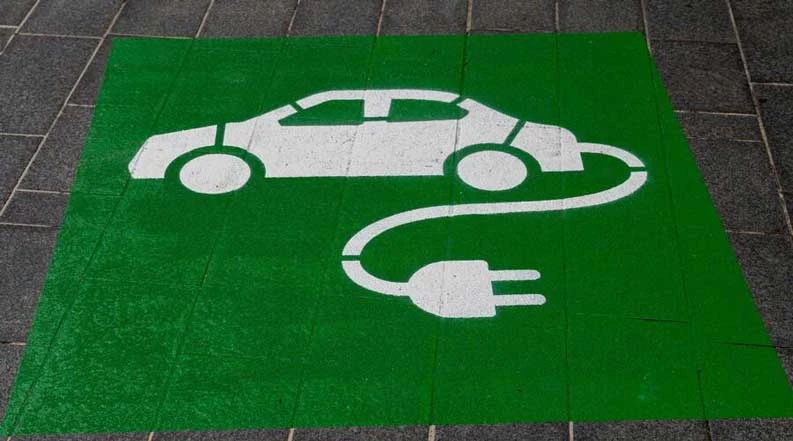
In today's modern world, as delivery speed and efficiency continue to define customer experience, this has, in turn, led to the consequential, albeit stable growth in the use of Electric Vehicles to conduct last-mile operations. EVs are eco-friendly and offer some unseen business gains to supply chain enterprises.
In the ongoing pandemic, a lot of people have shifted to shopping online for most products, including essentials. This has led to a boost in the doorstep delivery of goods and services. It is only fair to say that transportation is driving customer satisfaction, now more than ever. And as convenience takes the main stage, so does the demand for fast, efficient, and compatible last-mile operations.
Having said that, there has been a high rise in the number of vehicles on the road carrying out last-mile delivery operations. This has led to an increase in carbon discharge and greater fuel consumption. The increasing demand for last-mile deliveries is expected to result in 36% more delivery vehicles in the top 100 global suburbs by 2030. This is also expected to increase carbon discharge up unless effective measures are taken, here Electric Vehicle plays a vital part - to control the harmful impacts of logistical activities on the planet and build sustainable supply chains.
The logistics industry relies heavily on transportation, and that renders excessive quantities of fuel consumption, throughout the supply chain journey. No petrol, CNG, or diesel is required in a fully electric vehicle. By using electric vehicles to convey out last-mile deliveries, supply chain enterprises can, therefore, reduce fuel consumption significantly.
It goes without saying! Fuel consumption and logistics costs go hand in hand, so when you go all-electric with last-mile operations, it also minimizes operating costs along with no fuel consumption. The operational cost of a conventional three-wheeler is 3.3 times higher than an electric three-wheeler. Over the life of the asset, it adds up to cost savings.
Electric vehicles are quite low maintenance. Just like a smartphone, electric vehicles can be connected to an external power supply to recharge. Once recharged, most EVs have a mileage of 80 to 100 miles and can last more than 10 hours. Also, these vehicles only need a battery renewal or maintenance, once every couple of years.
Electric Vehicles are more appropriate because you can charge at home, at work, at the shop, or other common destinations while doing other things. Very little time is needed to plug in or unplug. You don’t need to go out of your way to a gas station, wait in lines, fill up, pay, get back in the car, and get back on your path.
Electric vehicles are slowly gaining popularity in the final-mile game, and it is certainly a worthy investment to consider in 2021 and beyond.
13sqft offers best-in-class Electric vehicles (EVs) to optimize your last-mile delivery operations. Get in touch with our specialists for a quick tour of our solutions. We help you find a workable deal that suits your needs. With our broad network, we make sure that your requirement for renting or leasing is achieved faster.
POSTED BY
Ishika Adhana
Digital Marketing Executive